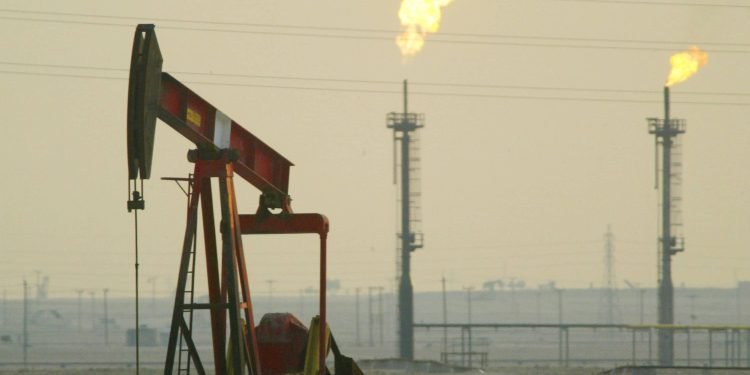In recent weeks, global oil prices have experienced a notable uptick, and all eyes are on the geopolitical developments in the Middle East as a driving force behind this shift. The intricate dynamics of the oil market, combined with regional tensions, have created a scenario where prices are drifting upwards.
The Middle East, often referred to as the world’s oil hub, plays a pivotal role in shaping global oil prices. The region is home to some of the world’s largest oil-producing nations, and any developments in this area have a ripple effect on the international energy landscape.
One of the primary factors contributing to the current surge in oil prices is the delicate situation in the Strait of Hormuz. This strategic waterway, situated between Iran and Oman, is a critical passage for oil transportation. With ongoing geopolitical tensions and occasional disruptions in the region, concerns about potential supply disruptions have heightened, exerting upward pressure on oil prices.
Additionally, the recent geopolitical developments involving major oil-producing nations in the Middle East have fueled market uncertainty. Shifts in political alliances, production agreements, and regional conflicts all contribute to an environment where market participants closely monitor every development for its potential impact on oil prices.
Furthermore, the recovery of global demand post-pandemic has played a role in the oil price surge. As economies rebound and industries resume operations, the demand for oil has increased, adding another layer of complexity to the delicate balance of supply and demand.
Investors and market analysts are closely monitoring the actions of key players in the Middle East, such as Saudi Arabia, Iran, and Iraq, as they navigate through the intricacies of global energy politics. Any decision or event in these nations has the potential to send shockwaves through the oil market.
While the current upward trajectory in oil prices has been influenced by geopolitical factors, it underscores the inherent volatility and sensitivity of the oil market to global events. As the situation in the Middle East continues to evolve, market participants will remain vigilant, and any significant developments will likely have a profound impact on the future direction of oil prices.























